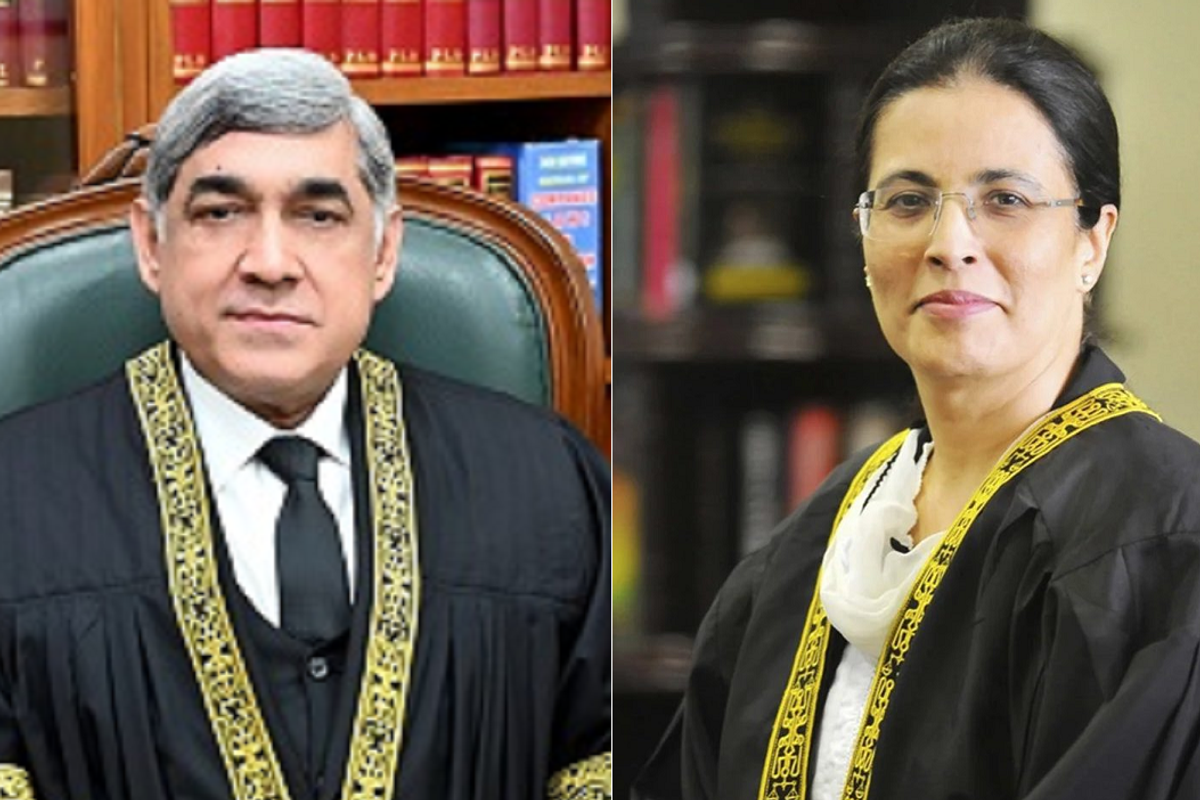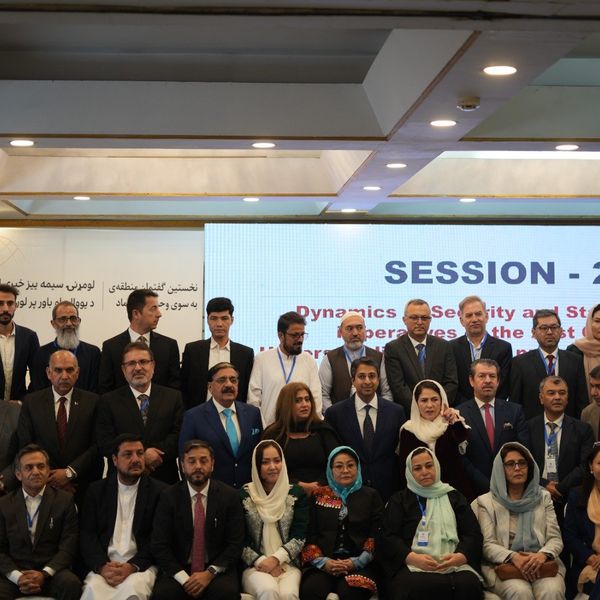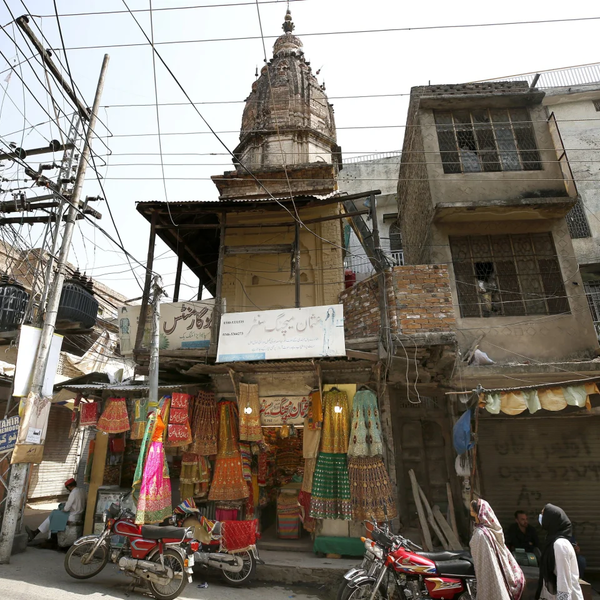Pakistan’s top court judges record dissent in PTI reserved seats case
Justices Aqeel Abbasi and Ayesha Malik stressed that judicial reviews are not appeals and require a clear legal error

Aamir Abbasi
Editor, Islamabad
Aamir; a journalist with 15 years of experience, working in Newspaper, TV and Digital Media. Worked in Field, covered Big Legal Constitutional and Political Events in Pakistan since 2009 with Pakistan’s Top Media Organizations. Graduate of Quaid I Azam University Islamabad.

Photos of Justices Aqeel Abbasi and Ayesha Malik of the Supreme Court of Pakistan.
Nukta
Two judges of Pakistan’s Supreme Court have released a long-delayed dissent in the high-profile reserved seats case, exposing divisions within the bench over last year’s dismissal of government appeals.
The dispute stems from a July 2024 ruling in which the court held that the opposition Pakistan Tehreek-e-Insaf (PTI) was entitled to reserved seats for women and non-Muslims in the national and provincial assemblies.
Following the court’s short verdict, the government and other petitioners filed review petitions, which were later rejected. In response, Justices Ayesha Malik and Aqeel Abbasi released a dissent, highlighting concerns about judicial procedure, the formation of the bench and potential political influence in the review process.
The dissent came after the Supreme Court dismissed review petitions filed by the Pakistan Muslim League-Nawaz (PML-N), Pakistan Peoples Party (PPP), and the Election Commission of Pakistan (ECP), which sought to challenge both the short verdict issued on July 9, 2024, and the detailed judgment elaborated on September 23, 2024. The two judges argued that the petitions lacked substantial legal merit.
“All arguments raised by the petitioners had already been addressed in the detailed verdict issued on September 23, 2024,” the dissenting note stated.
“Through these reviews, lawyers merely attempted to re-argue the case, which is outside the scope of a review jurisdiction.”
The note further emphasized that judicial reviews are not equivalent to appeals and should only be invoked in the presence of a clear and significant legal error.
“Minor procedural issues or disagreements are not valid grounds for a review. Supreme Court decisions are final and made after thorough consideration,” the judges wrote.
“Turning reviews into routine proceedings would disrupt the balance of the justice system.”
They noted that PML-N and PPP had not raised specific objections to the detailed verdict and merely challenged the initial short order.
“Despite the long gap between the short and detailed verdicts, no new legal arguments were presented. The petitions reflect dissatisfaction rather than legal merit,” the note added.
Bench composition
A significant portion of the dissent addressed the composition of the bench that heard the review petitions. The justices noted that the original case was decided by a 13-member full bench, but five judges - including the author of the original verdict - were not part of the current bench.
The reconstitution of the bench was carried out under Article 191A of the Constitution, introduced through the 26th Constitutional Amendment, which allows the Judicial Commission of Pakistan (JCP) to nominate judges to constitutional benches.
“Following the amendment, political influence has grown within the Judicial Commission. The inclusion of members from the National Assembly and Senate has resulted in a majority held by political parties,” the dissent noted.
The judges said the formation of benches must comply with constitutional requirements and uphold transparency.
“It is the constitutional duty of the Judicial Commission and its committees to form neutral and impartial benches. A bench formed under political influence is contrary to the principle of an independent judiciary,” the note stated.
Background
The July 9, 2024 Supreme Court decision ruled that reserved seats in assemblies could not be claimed by parties that did not contest general elections directly or failed to meet the required threshold. The verdict significantly affected the representation of PML-N, PPP, and allied parties in Pakistan’s legislative bodies.
The dissenting note adds a further perspective to the ongoing legal discussion over the reserved seats case and provides insight into differing judicial interpretations within Pakistan’s Supreme Court.










Comments
See what people are discussing